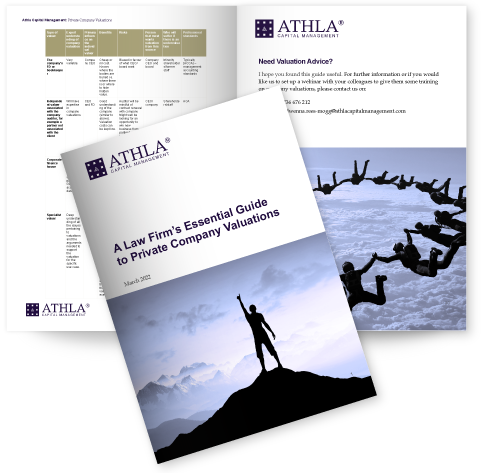How Articles of Association impact on valuations (part 2)
June 11, 2024

Nominal share values and what happens on a return of capital
Last week we touched on the issue of older sets of Articles which may be silent on many of the issues which matter in determining the valuation of share classes and majority and minority shareholdings.
This week, we thought it would be a good idea to cover the issue of nominal share values and what happens on a return of capital.
So often when talking about valuation with investors especially, there is a lot of focus on the waterfall.
The waterfall sets out how capital is returned to shareholders based on the rights and restrictions of different share classes. With some companies now having 12 or more share classes, unravelling who gets what money in in what order can be an intriguing exercise. It’s not unknown for the Articles to be inconsistent with what the shareholders think would happen!
We have to consider the rights and restrictions on each and every share class, but also keep an eye out for the unusual. We had one particularly extreme example whereby a tiny preference share class (1% of the total nominal value of all the share classes) held the only rights to appoint the board. Only the board could declare a dividend or agree to sell the company to a third party (or even IPO). In this scenario it was clear that control of the company was, de facto, held by the preference shareholders and we adjusted the valuation of the preference share class for this factor.
Another issue many people overlook is the nominal value of a share class. You cannot issue shares at less than nominal value and most often if a company is liquidated the nominal share capital is paid out ahead of any other return of capital to shareholders. If there are wildly differing nominal values across different share classes this can be a problem.
If there is only just more capital available for distribution than the entire nominal capital, it is possible that those shareholders with £1 shares will actually receive more cash than those with £0.1 shares, even if the share classes rank pari passu in every other respect. Some Articles return nominal capital and then split the remaining proceeds pari passu to all shares, giving all share classes the same “profit” per share. Others just divide proceeds evenly between shares so classes with lower nominal value will received enhanced returns.
Of course, thereafter the share of proceeds is determined by the waterfall. The most egregious tale of how a waterfall went wrong for founders was a situation a few years back when the founders only received £600,000 on a £100m exit as their shareholdings ranked last in the distribution of proceeds that the classes with preference nabbed everything else!
Nominal values also matter when it comes to thinking about UMV and AMV in respect of employee and other share incentive schemes. A share (unless it is a share in a company with unlimited liability) cannot be valued at lower than nominal value. So this is something to look out for if there is an expectation that the shares will be valued for tax purposes at a nominal amount. It is not legally possible to value a £1 nominal value share at 10p!
We take particular care in understanding this issue. There is no point in creating an ultra-varies valuation.
It may be necessary to split the shares in the share class to reduce nominal value, prior to the valuation exercise if there is a hope that a very low value on a per share basis will be proved.
If you have a client that wants to undertake a share option valuation exercise or even just to understand how the distribution of proceeds might look in the event of a return of capital or liquidation of the company, do get in touch.


